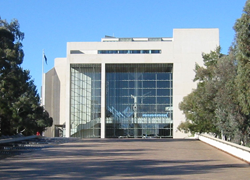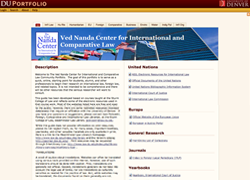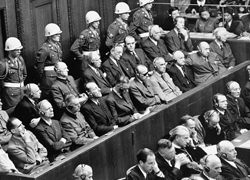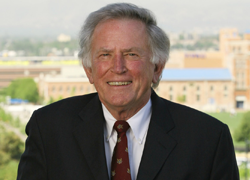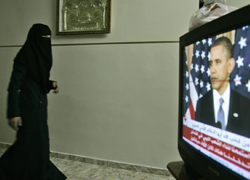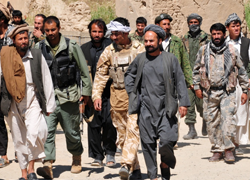Australia’s High Court says “no” to Spousal Privilege
OK, so this is written like a research project, but, hey, I’m the FCIL Librarian. Comparative law raises many issues, and this comment is not meant to be a complete exploration of all the possible issues raised in comparing Australian and US laws, but given the common law heritage of the United States and Australia, … Read more

